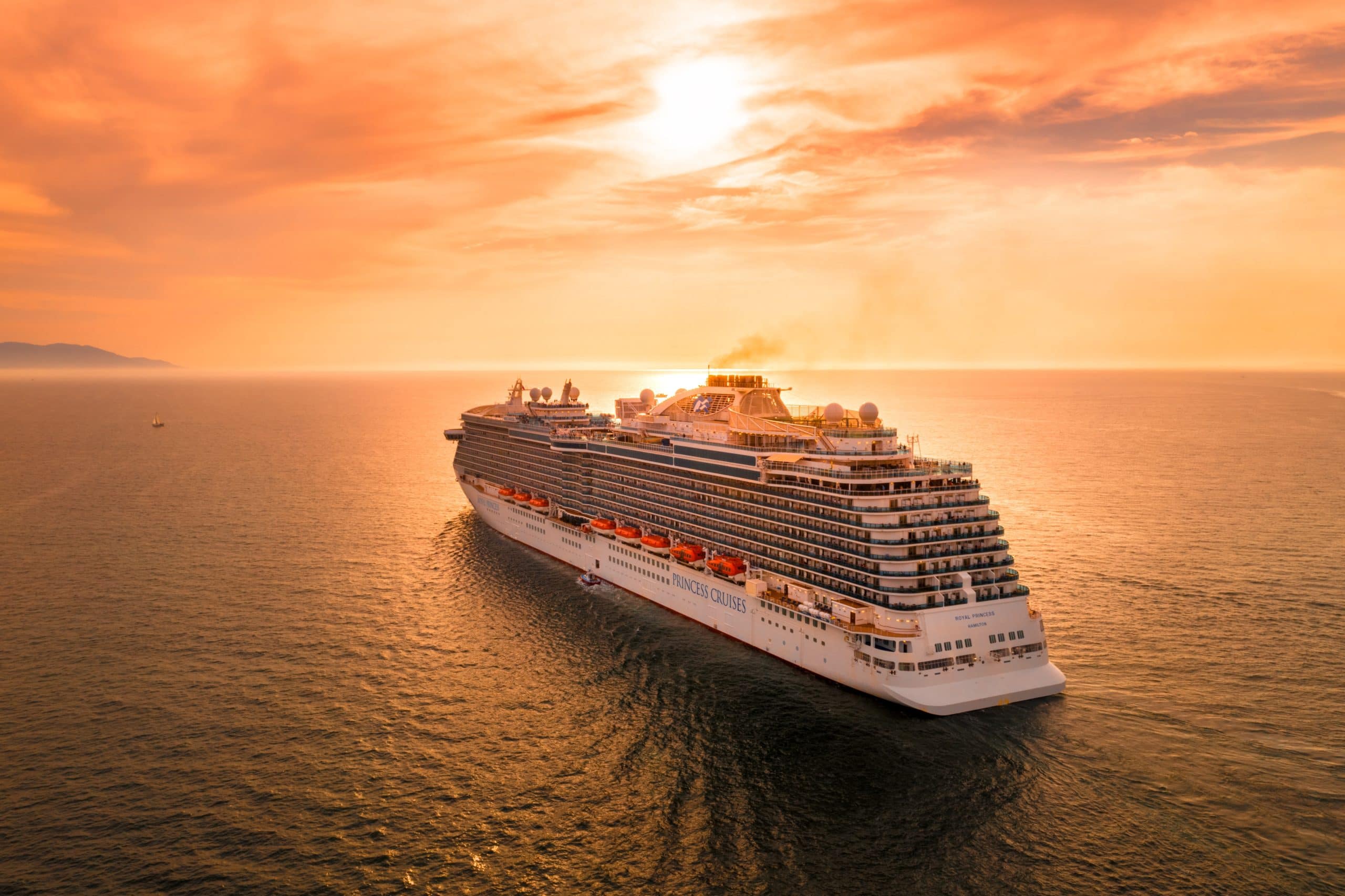
Note: This is a guest post written by Oliver Stanton – In recent times, cruise vacations have become extremely popular around the world, as they offer a unique and perfect blend of relaxation and adventure. For many travelers, staying connected to the internet has become a priority, even while they set sail to stunning destinations. Cruise WiFi provided by cruise lines like Royal Caribbean has been a game changer, as it allows passengers to access the internet while they are sailing across vast waters.
Since cruise WiFi networks are shared among hundreds of passengers on board, they are inherently public and less secure compared to your home’s WiFi network. Therefore, it is important to be cautious and stay secure on cruise WiFi networks. Below, we have discussed several tips that can help you stay secure while using cruise WiFi networks so that you can enjoy your cruise journey and stay connected with peace of mind.
Pre-Cruise Preparation
The first step to staying secure while using the WiFi services onboard is pre-cruise preparation. You can start the preparation by researching your cruise line’s WiFi policies and offerings. Different cruise lines, such as Norwegian Cruise Line, offer different packages depending on the level of security and speed. Some cruise lines even offer free WiFi as a complementary service. Make sure that you clearly understand the security policies of the package that you are signing up for.
After that, you need to make all of your devices secure. This can be done by updating all the apps and operating systems on your devices and installing credible antivirus software. While you are at it, install a VPN, which can help you make your connection more secure by encrypting it.
Connect to the Right Network
Once you are on board, you will need to connect to the ship’s WiFi network to access the internet. Since cruise ships have multiple networks available, choose the one that is encrypted and accessible only with the provided password. Avoid connecting to open or unknown networks, as they may not be official networks and are usually set up by cybercriminals to trick you.
When you connect to the network, use your VPN for all your internet activities. Using a VPN will add an extra layer of encryption that will keep you protected from potential snoopers and interceptors.
Practice Safe Browsing Habits
Practice safe browsing habits to avoid falling victim to common cyber threats. Be vigilant in terms of phishing attempts and avoid opening unknown links or attachments. Avoid accessing sensitive information like online banking on cruise ship networks unless it is very necessary. If possible, use your mobile data or a secure hotspot created by your VPN.
In addition, prefer visiting legitimate websites only before entering any personal or financial information. Look for “https://” in the URL, which indicates a secure connection. Verify the domain of every website or service that you are using to make sure that it is a legitimate website.
Encrypt Your Devices
Even when you have a secure connection, it is important to protect your data. Encrypt all of your devices that you are using to access the internet. This will add an extra layer of security to your data. Avoid sharing personal information such as home address, phone number, or social security number while connected to public networks onboard.
Logging Off and Disconnecting
Properly logging off and disconnecting from the network is also essential, not only for your security but also to avoid excess data usage. When you finish using a website or application, ensure that you log out properly. Disable any settings that might automatically connect your device to open WiFi networks. When you are done using the onboard WiFi, manually turn off your device’s WiFi or disconnect from the network. This will keep you secure and also avoid putting you over the data cap.






